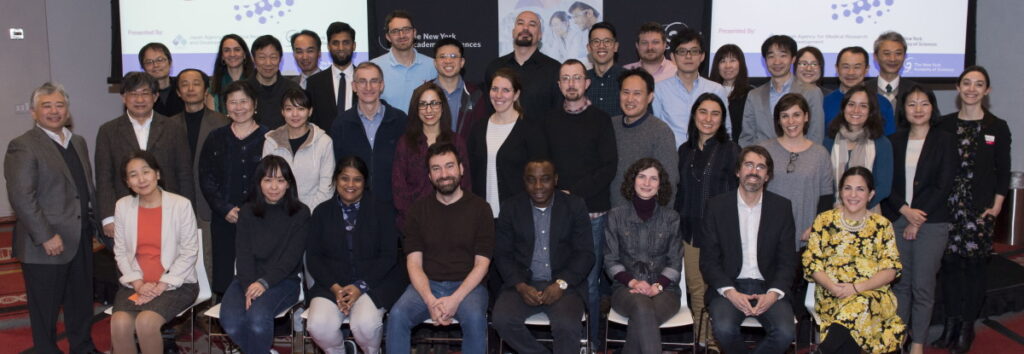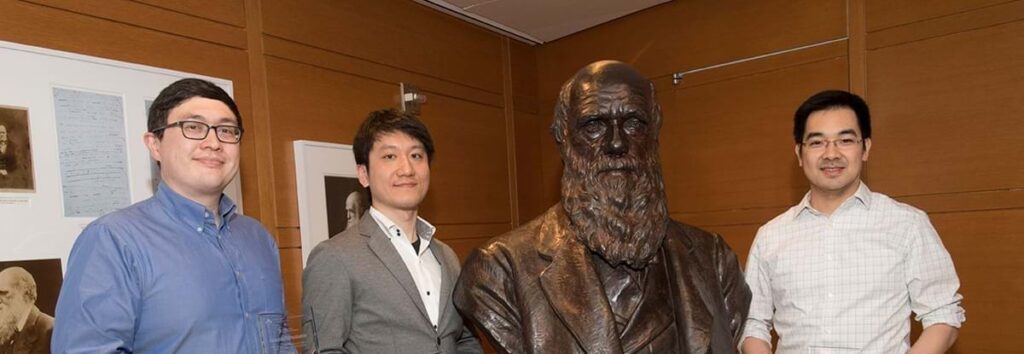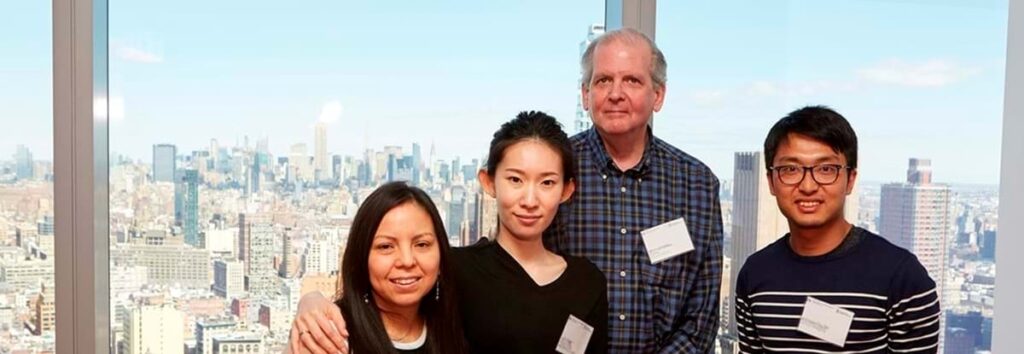Call for Applications
The Japan Agency for Medical Research and Development (AMED) and The New York Academy of Sciences (NYAS) are inviting applications for the Interstellar Initiative. The Interstellar Initiative aims to increase international and interdisciplinary collaboration uniting scientists within the early stages of their careers and catalyzing scientific advancement. Early Career Investigators (ECIs) worldwide are invited to apply for a competitive application review process. Awardees will be invited to a three-day workshop in New York City where they will engage in in-depth discussions to identify research topics and develop research plans. Working in three-person international teams—formed by NYAS and AMED—participants will receive comprehensive support, including mentorship from distinguished researchers, specialized training, and funding (1.92 million Japanese Yen) to enhance collaboration. This support will help refine their research plans and strengthen their ability to secure future research funding.
The 2025-2026 Interstellar Initiative will address challenges in the area of basic research to elucidate the complex mechanisms of living organisms. Research topics may include biological functions or pathological conditions at all levels of analysis: for example, studies on genes and individual molecules, intracellular networks, intercellular associations in tissues and organs, and networks underlying the complex functions of entire organisms. Translational research topics are discouraged.
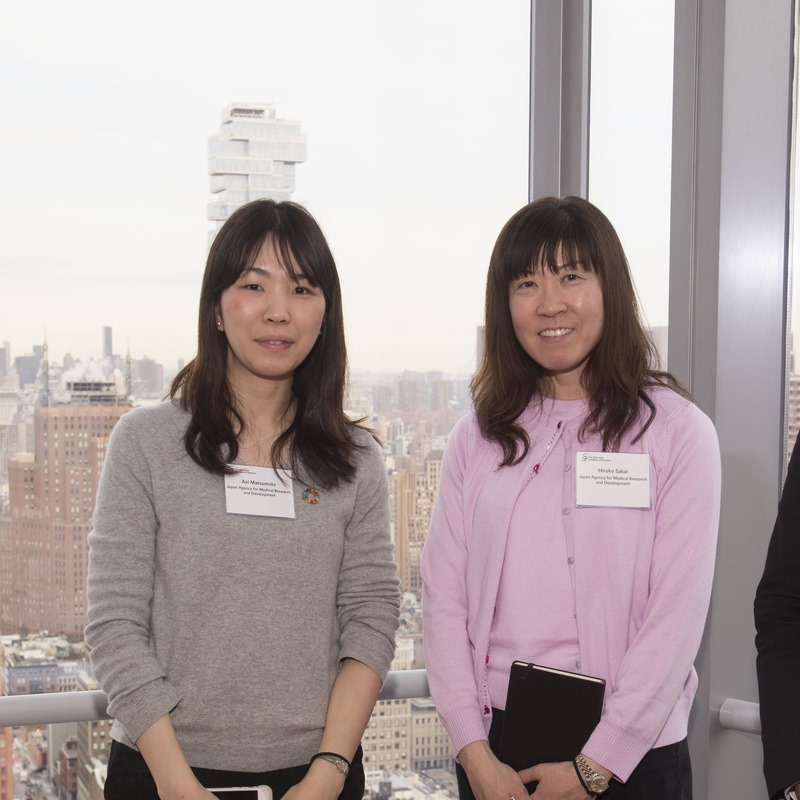
What is the Interstellar Initiative?
Collaboration is key to truly innovative scientific discoveries and advancement. The Interstellar Initiative connects Early Career Investigators (ECIs) with peers, in related but distinct disciplines, under the guidance of mentors who are established scientists at the forefront of their respective academic fields. This is a remarkable opportunity for ECIs to: (i) network with exceptional researchers from around the world; and (ii) build international research collaborations; (iii) receive expert guidance from leading senior scientists on the preparation of a compelling research proposal.
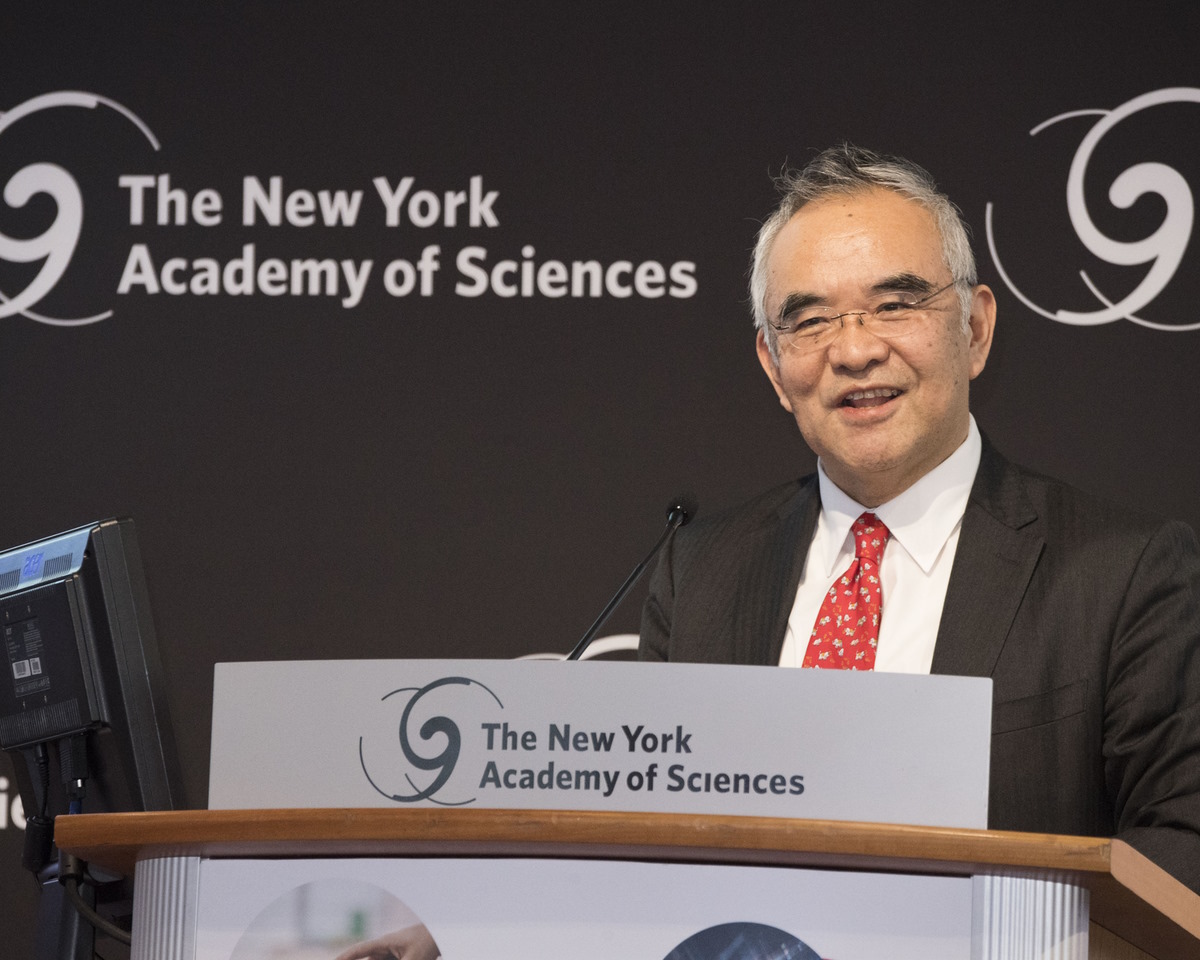
Why Apply for the Interstellar Initiative?
Scientists emerge from the Interstellar Initiative program with: a lifelong network of smart, ambitious peers from across the world, the recognition of being selected for this competitive program, experience working with others from a broad range of scientific disciplines, elevated communication and interpersonal skills gained through cross-cultural collaboration, knowledge of how to develop a stress-tested research proposal that is ready for submission, the gratification of working on a life-improving solution for a basic research challenge.
“International collaboration is critical in many fields. From infectious disease outbreaks to cancer treatment and drug development, we can accomplish much more when we reach out, shake hands, and collaborate.”
—Makoto Suematsu, MD, PhD, Former President of AMED and the Founder of Interstellar Initiative
Presented By


Questions
Please email interstellar@nyas.org with any questions.

